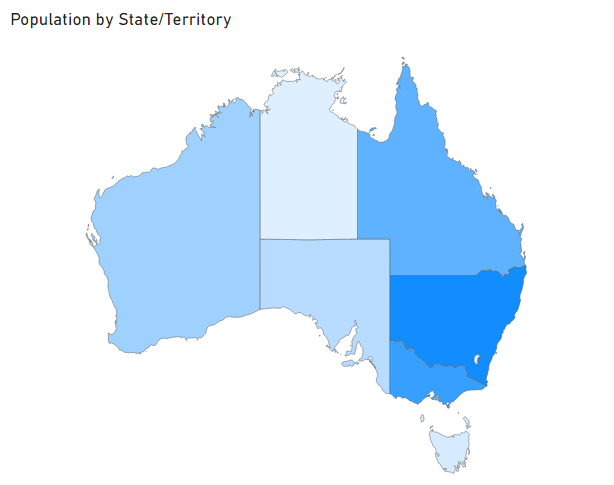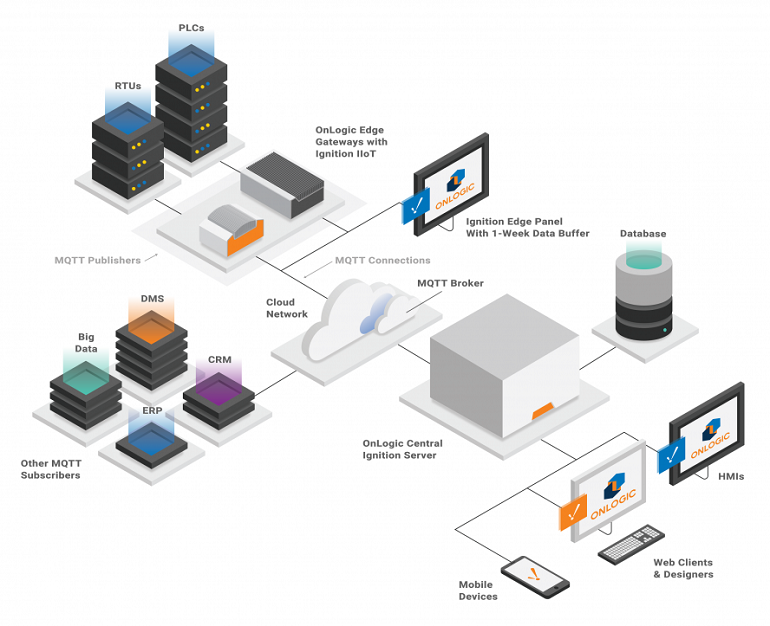
Overloads of the MapSignalR method enable you to specify a custom URL, a custom dependency resolver, and the following options:Įnable cross-domain calls using CORS or JSONP from browser clients.
#Multi server hub map code
NET client code that specifies the URL var hubConnection = new HubConnection("", useDefaultUrl: false) JavaScript client code that specifies the URL (without the generated proxy) var connection = $.hubConnection("/signalr", ) JavaScript client code that specifies the URL (with the generated proxy) $. = "/signalr" Server code that specifies the URL app.MapSignalR("/signalr", new HubConfiguration()) In that case, you can change the base URL, as shown in the following examples (replace "/signalr" in the sample code with your desired URL). There might be extraordinary circumstances that make this base URL not usable for SignalR for example, you have a folder in your project named signalr and you don't want to change the name. For more information about the generated proxy, see SignalR Hubs API Guide - JavaScript Client - The generated proxy and what it does for you.) (Don't confuse this URL with the "/signalr/hubs" URL, which is for the automatically generated JavaScript file. For more information, see Tutorial: Getting Started with SignalR 2 and MVC 5.īy default, the route URL which clients will use to connect to your Hub is "/signalr". If you are adding SignalR functionality to an ASP.NET MVC application, make sure that the SignalR route is added before the other routes. Any connection or hub wire up and configuration should go here

Public void Configuration(IAppBuilder app)
#Multi server hub map how to
The following example shows how to define the SignalR Hubs route using an OWIN startup class. MapSignalR is an extension method for the OwinExtensions class. To define the route that clients will use to connect to your Hub, call the MapSignalR method when the application starts. The server components for SignalR 2 are only available in. SignalR Hubs API Guide - JavaScript Client.How to call client methods and manage groups from outside the Hub classįor documentation on how to program clients, see the following resources: How to pass state between clients and the Hub class How to get information about the client from the Context property When OnConnected, OnDisconnected, and OnReconnected are called.


How to handle connection lifetime events in the Hub class
#Multi server hub map software
Software versions used in this topicįor information about earlier versions of SignalR, see SignalR Older Versions. For an introduction to SignalR, Hubs, and Persistent Connections, see Introduction to SignalR 2. SignalR also offers a lower-level API called Persistent Connections. SignalR takes care of all of the client-to-server plumbing for you. In client code, you define methods that can be called from the server, and you call methods that run on the server. In server code, you define methods that can be called by clients, and you call methods that run on the client. The SignalR Hubs API enables you to make remote procedure calls (RPCs) from a server to connected clients and from clients to the server. This document provides an introduction to programming the server side of the ASP.NET SignalR Hubs API for SignalR version 2, with code samples demonstrating common options.

This documentation isn't for the latest version of SignalR.


 0 kommentar(er)
0 kommentar(er)
